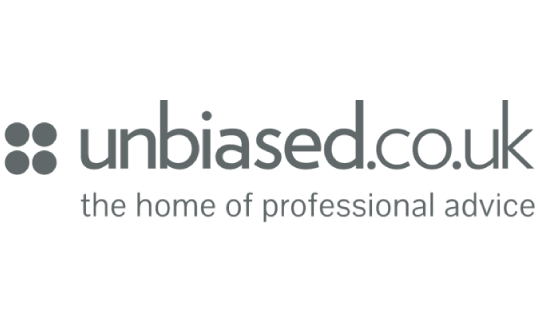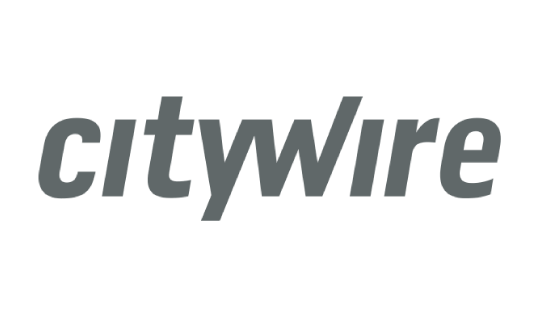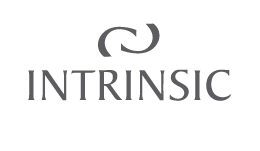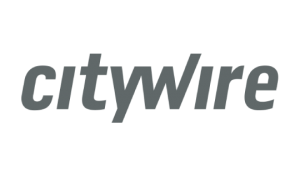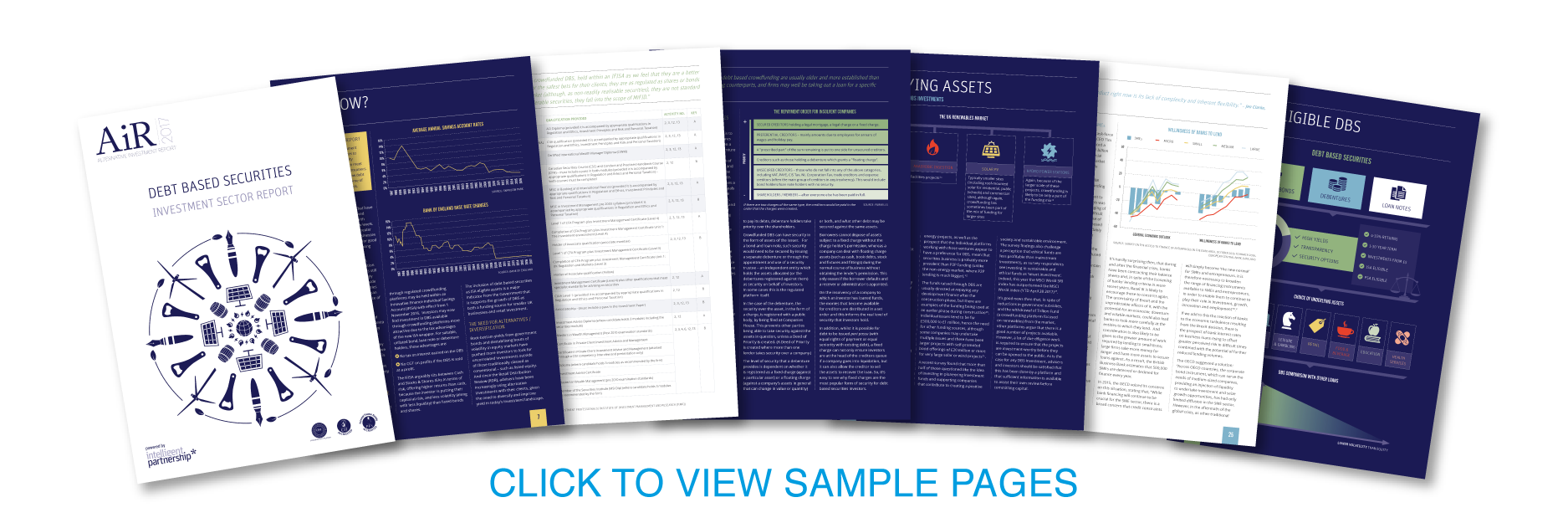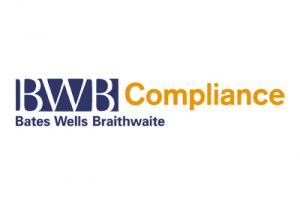Debt Based Securities Report
Register for FREE and INSTANT ACCESS to the Debt Based Securities Report
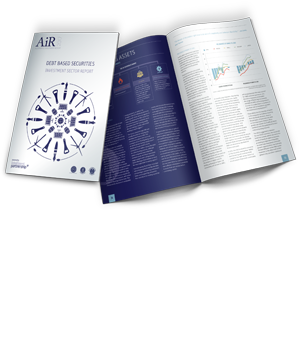
- Get an understanding of the Debt Based Securities investment types available and their regulatory standing
- Evaluate the risks in varying market conditions
- Discover the Debt Based Securities tax wrapper options with SIPPs and the new Innovative Finance ISA
- Get an overview of the current fees and returns that may apply to a Debt Based Securities investment
- Consider the differentiators and similarities between Debt Based Securities and peer to peer lending
- Understand the main due diligence issues to take into account when looking at Debt Based Securities
- Earn up to 4 hours of CPD from the CISI, CII and PFS
What are Debt Based Securities?
Debt based securities are investment offerings to individuals in the form of corporate debt, generally issued by small and medium sized enterprises looking to raise less than €5 million in a single issue. The investor buys the debt in the form of an unlisted debenture at an agreed return. They have been brought to a wide audience by crowdfunding platforms and are governed by the FCA’s investment based crowdfunding regulations. As well as tax benefits, DBS that can be held within an IFISA also require greater consumer protections including the involvement of an FCA authorised platform which treats the investor as its client.
Our reports have been featured in
Our reports have been featured in
Brief Overview
At a time of low interest rates, yields from Debt Based Securities can be impressive with more risk mitigators than some are aware of, including asset backing, access to more mature borrowers than P2P lending typically offers and government support. Debt Based Securities still promise targeted and potentially lucrative investment into the UK’s needy SME sector. The structure can also allow investors transparency and engagement not found in other asset classes, as well as routes to underlying assets not previously available to small private and retail investors. Tax wrappers in the form of SIPPs and the newly available Innovative Finance ISA are also a great reason for advisers to become more familiar with investing in DBS.
What people are saying about Debt Based Securities
“May I congratulate you for an excellent piece of work.”

“Asset backed bonds can add diversification to a more mainstream portfolio whilst also offering a higher level of income than typically available elsewhere. The ability to ISA these bonds is the icing on the cake.”

“The appeal of [unlisted bonds] is a high fixed income, a capital return at the end of the bond’s life, discounts and loyalty offerings for bondholders, and options to convert the bonds into payouts in goods.”

“The beauty of the product right now is its lack of complexity and inherent flexibility..”

“In the absence of bank loans or credit lines, the corporate bond market remains a viable alternative for SME financing.”


Comments from industry participants
“The Innovative Finance ISA has introduced a new group of investors to the benefits of crowdfunded bonds and debentures and accelerated its acceptance amongst mainstream clients.”

“Alternative finance is now a £10 billion industry – not exactly niche. Since it has caught the attention of forward thinking financial advisers, many of whom are investors in Crowd Bonds themselves, that growth looks set not just to continue, but to accelerate.”

“DBS may suffer a liquidity constraint but the illiquidity premium provides more than adequate compensation for most investment scenarios.”

“With ‘crowd bonds’ being allowed in IFISAs, we see them rapidly gaining investor acceptance and mainstream status.”

“Private company loans offer a new avenue for tax-efficient investing, especially for clients with SIPPs, SSASs and investment companies.”

“We anticipate a real flight to quality as the alternative finance sector moves into the main stream.”

Sponsors

Founded in 2009 by a small team of experts in finance, sustainability and technology, Abundance focuses on investments that build a better world and launched its first bond investment in 2012. From November 2016, all investments issued via the platform can be included in the Abundance ISA and Abundance Pension.
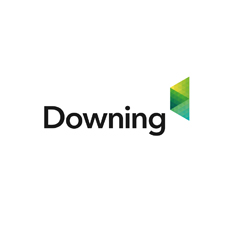
Downing is a long-established, FCA-authorised investment manager, that brings over 20 years’ investment experience to debt-based crowdfunding. The Downing Crowd platform was launched in March 2016 and Downing Crowd Bonds connect investors with asset rich businesses, offering security over those assets and competitive returns. UK investors can also earn tax-free interest with the Downing Crowd Innovative Finance ISA.

Funded in 2015 by qualified professionals and risk management experts, Goji is a specialist investment manager that offers investors and intermediaries access to carefully constructed portfolios of direct lending opportunities originated over UK lending platforms. The Goji Bond aims to provide an IFISA eligible uncorrelated return, higher than those available on cash but less volatile than traditional fixed income investments like listed bonds.
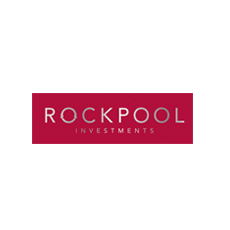
Set up five years ago, Rockpool has attracted £250m from private investors, using a mix of EIS equity and debt-based offerings to fund Rockpool targets profitable and asset-rich businesses with a sustainable competitive advantage and strong management. One of its range of routes to investment is loan notes with asset security.
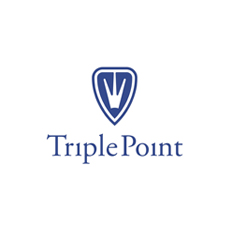
Triple Point is a specialist successful, private partnership founded in 2004. Triple Point aims to deliver well researched and managed investments to individuals who are seeking capital security, liquidity and predictable returns across a range of products including VCTs, EISs, Secured Bonds and Estate Planning solutions. The company is also HMRC approved as an IFISA manager.

Property Crowd is part of Global Alternatives and as an independent owner and operator of cross-border marketplaces, Global Alternatives works with industry leaders that have proven credibility and track records – as rightly expected by professional investors. With a clear modus operandi in the realm of private securities and alternative investments, their initial focus is on the world’s largest, yet least evolved asset class: real estate.
